Speakers
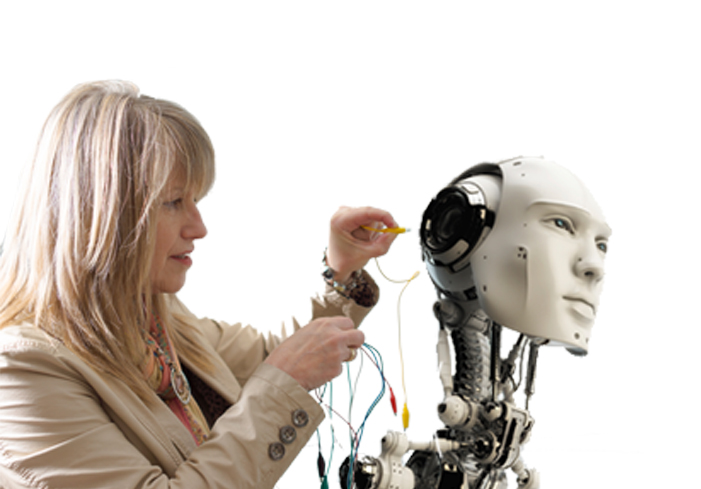 Cathy Adams
Cathy Adams
Cathy Adams is a Professor and Vargo Teaching Chair in the Department of Secondary Education, University of Alberta. Her phenomenological research addresses digital technology integration across K-12 educational environments, with a focus on ethical, pedagogical and sociocultural issues. She teaches graduate and undergraduate courses on pedagogy of technology, educational technology integration, and computational thinking for teachers.
 Bettina Berendt
Bettina Berendt
Bettina Berendt is a professor in the Artificial Intelligence / Machine Learning and Data Mining group at the Department of Computer Science at the University of Leuven. Her research interests are data and text mining and in particular the interactions with how people make decisions faced with the artificial and human intelligence they find online. This means investigating how mining affects and interacts with privacy and data protection, how it can liberate and increase diversity - or discriminate, and what ethical choices people face when dealing with data and data science. Within this range of topics and methods, Bettina has concentrated on combining methods from data mining, HCI, and behavioural economics, and investigated questions arising for data subjects, researchers, institutional decision-makers, teachers, and regulators.
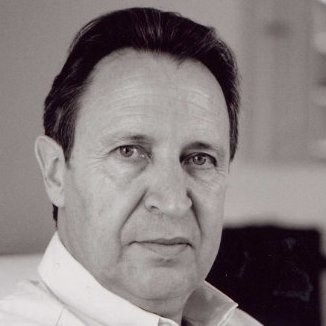 Rafael Capurro
Rafael Capurro
Rafael Capurro is a Uruguayan philosopher and academic specialist in the field of information ethics. He was Professor of information management and information ethics at Stuttgart Media University in Germany from 1986 to 2009, when he entered emeritus status. Since then he has been Director of the Steinbeis-Hochschule Berlin Institute of Information Ethics (2008-2013), and Member of the Advisory Board of the Institute for Digital Ethics at Stuttgart Media University. Capurro is the founder or co-founder of several organizations including the Capurro Fiek Foundation, the International Center for Information Ethics, Red Latinoamericana de ética de la information, the Africa Network for Information Ethics and the International Society for Information Studies.
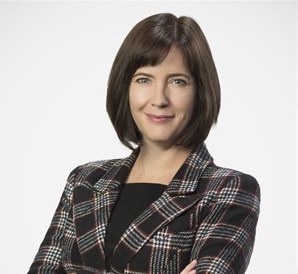 Jill Clayton
Jill Clayton
Jill Clayton was appointed Alberta's Information and Privacy Commissioner in 2012, and re-appointed to a second 5-year term in 2017. Jill worked as a privacy consultant in the health care, oil and gas, telecommunications and non-profit sectors before joining the Office of the Information and Privacy Commissioner in 2004. As Director and then Assistant Commissioner, Jill was primarily responsible for oversight of the Personal Information Protection Act, Alberta's private sector privacy law. In particular, she developed the office's procedures and decision making processes for mandatory breach reporting and notification in the private sector, which came into force in 2010. As Commissioner, Jill has focused on prioritizing and promoting accountability in data governance, transparency through privacy breach notification and, more recently, ethical assessments in tech innovations that involve the collection, use or disclosure of personal information.
Jonathan Cohn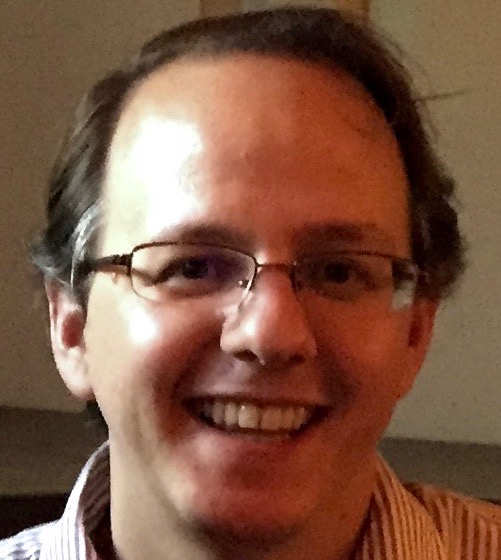
Jonathan Cohn earned his PhD at UCLA in Cinema and Media Studies and is Assistant Professor in the Department of English and Film Studies at the University of Alberta. His research focuses on digital culture and history, critical internet studies, film and media, postfeminist and postracial discourses. He is currently finishing a book on the history of personalization technologies and the role recommendations play within digital culture. Cohn teaches media studies and digital culture courses in English and Film Studies, including courses on Social Media, Interactive Fiction, Video Games and Media Convergence.
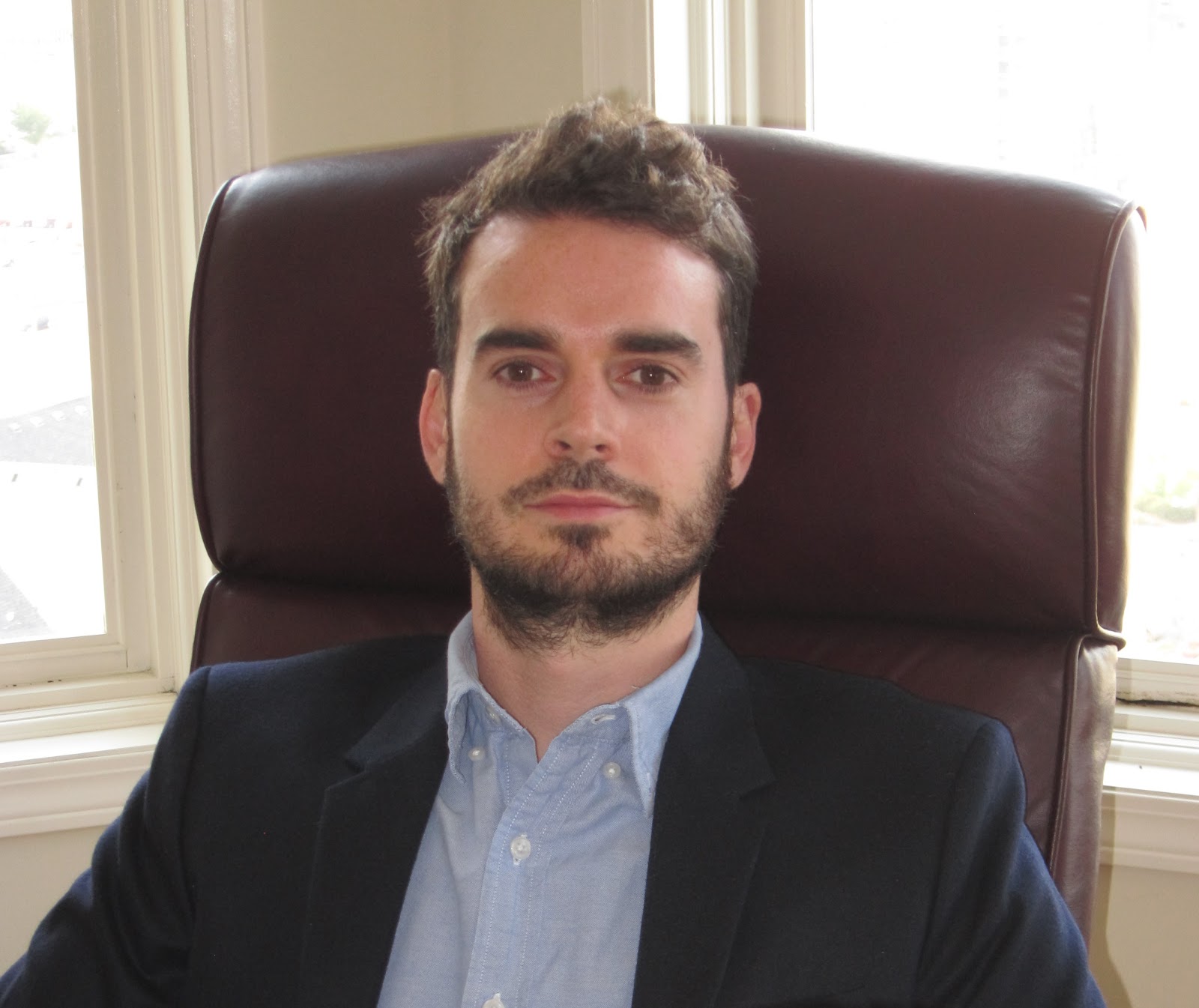 Ivor Cribben
Ivor Cribben
Ivor Cribben is an Associate Professor of Statistics in the Department of Finance and Statistical Analysis at the Alberta School of Business. His research interests include time series analysis, methods for high dimensional data, graphical models and non-parametric statistics with applications to neuroimaging and financial data. He holds a PhD in Statistics from Columbia University and a BA from Trinity College, Dublin.
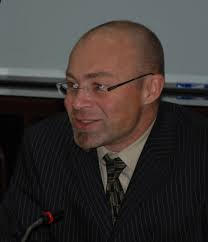 Jaco Du Toit
Jaco Du Toit
Jaco du Toit joined UNESCO in 1998 and started his career in the Culture Sector working on Culture and New Technologies. He then moved to the coordination of Field Offices in the Arab Region and was involved in the Cross-cutting Projects - an innovative approaches in furthering Digital Arts. In 2006 he moved the the UNESCO Office in Rabat, implementing a range of activities in North Africa. He continued his career in the UNESCO Office in Windhoek and Nairobi, promoting among other topics Information Ethics and Media and Information Literacy Initiatives. In 2018 he took up his current position as Programme Specialist responsible for UNESCO's Intergovernmental Information for All Programme (IFAP).
 Roman Eisner
Roman Eisner
Roman Eisner is a Data Scientist at the City of Edmonton. After receiving his M.Sc. in Computing Science from the University of Alberta, he worked on applying A.I. approaches to a variety of fields, including 'omics data, chem-informatics, clinical research, business data, and most recently to municipal government. He is most interested in the real-world challenges of implementing these technologies, which includes considering the ethical impacts of incorporating predictive models into our society.
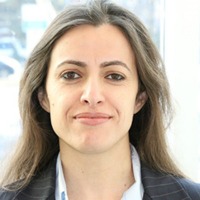 Samira ElAtia
Samira ElAtia
Samira ElAtia is professor of education at the bilingual Campus Saint-Jean of the University of Alberta. She specializes in the evaluation of competencies and language assessment. Her research interest focuses on issues of fairness in assessment, especially in bilingual contexts. She is member of the board of Director of the Center for Canadian Language Benchmarks in Ottawa. She has served on experts panels on several international testing agencies : Educational Testing Services in the US, Pearson Education In the UK, The International Baccalaureate Organization, Chambre du commerce et de l'industrie of Paris, Centre international des études pédagogiques of the Ministry of Education in France. She is the president of the Canadian Association of language Assessment. She holds a PhD from the University of Illinois at Urbana-Champaign and an MA from Illinois State University.
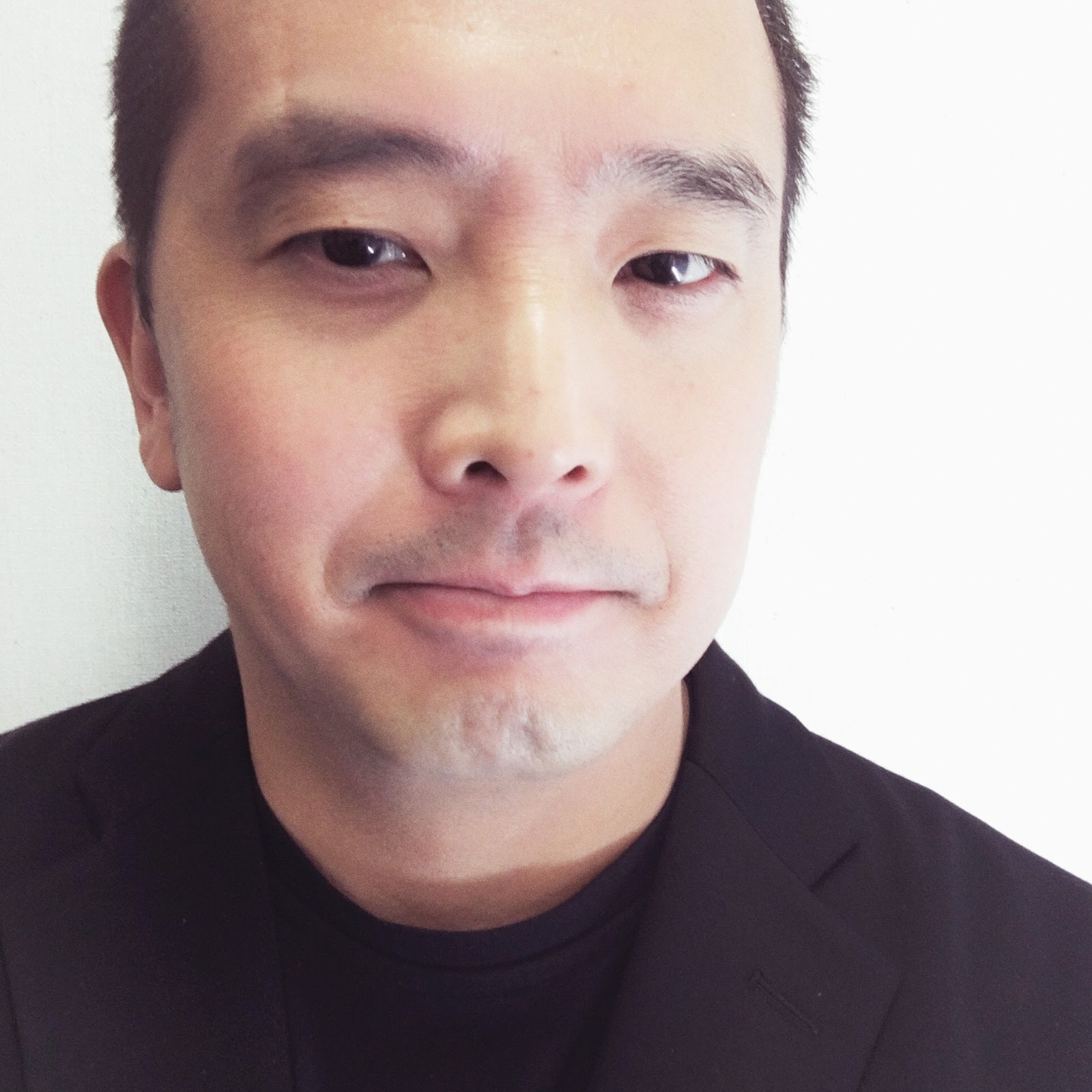 Jason Fung
Jason Fung
Jason Fung is a legal officer at the Government of Alberta, Department of Justice. His interests include International law, intellectual property and technology, specializing in intellectual property, finance, procurement, social media, commercialization, public-private partnerships, and technology law.
 Mark Gierl
Mark Gierl
Mark J. Gierl is Professor of Educational Psychology and the Director of the Centre for Research in Applied Measurement and Evaluation (CRAME) at the University of Alberta. His specialization is educational and psychological testing. He received his PhD from the College of Education at the University of Illinois, Urbana-Champaign. Professor Gierl's current research program focuses on automatic item generation. He co-edited the most recent book on this topic, "Automatic Item Generation: Theory and Practice" (Routledge, 2013), with Professor Thomas Haladyna from Arizona State University.
 Randy Goebel
Randy Goebel
R.G. (Randy) Goebel is currently professor of Computing Science in the Department of Computing Science at the University of Alberta, Associate Vice President (Research) and Associate Vice President (Academic), and Fellow and co-founder of the Alberta Machine Intelligence Institute (AMII). He received the B.Sc. (Computer Science), M.Sc. (Computing Science), and Ph.D. (Computer Science) from the Universities of Regina, Alberta, and British Columbia, respectively. Randy has previously held faculty appointments at the University of Waterloo, University of Tokyo, Multimedia University (Kuala Lumpur), Hokkaido University (Sapporo), visiting researcher engagements at National Institute of Informatics (NII, Tokyo), Deutsches Forschungszentrum für Künstliche Intelligenz (DFKI, Germany), and NICTA (now Data61, Australia); and is actively involved in collaborative research projects in Canada, Japan, China, and Germany.
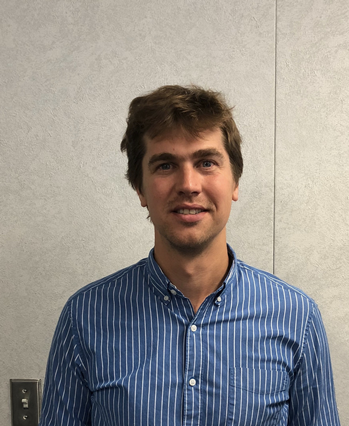 Ben Gready
Ben Gready
Ben is part of the Data Science team within the Open City and Technology branch of the City of Edmonton. The team is helping business areas across City leverage the power of machine learning to improve internal processes and public services. It is a fun place to work, because the projects are diverse and high impact. Ben has a degree in Physics, PhD in Atmospheric Science, and previously spent 5 years as a Data Scientist in the Energy Efficiency industry.
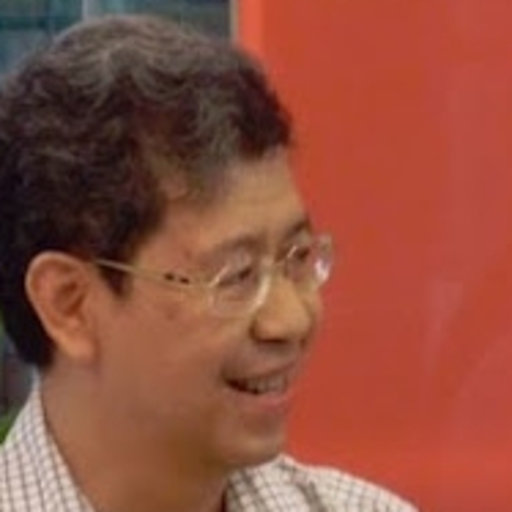 Soraj Hongladarom
Soraj Hongladarom
Soraj Hongladarom is an associate professor of philosophy at Chulalongkorn University in Bangkok, Thailand. He has published books and articles on such diverse issues as bioethics, computer ethics and the roles that science and technology play in the culture of developing countries. He has organized the second and third Asia-Pacific Computing and Philosophy conferences at Chulalongkorn University in 2005 and 2007. His works have appeared in The Information Society, AI & Society, Philosophy in the Contemporary World and Social Epistemology, among others.
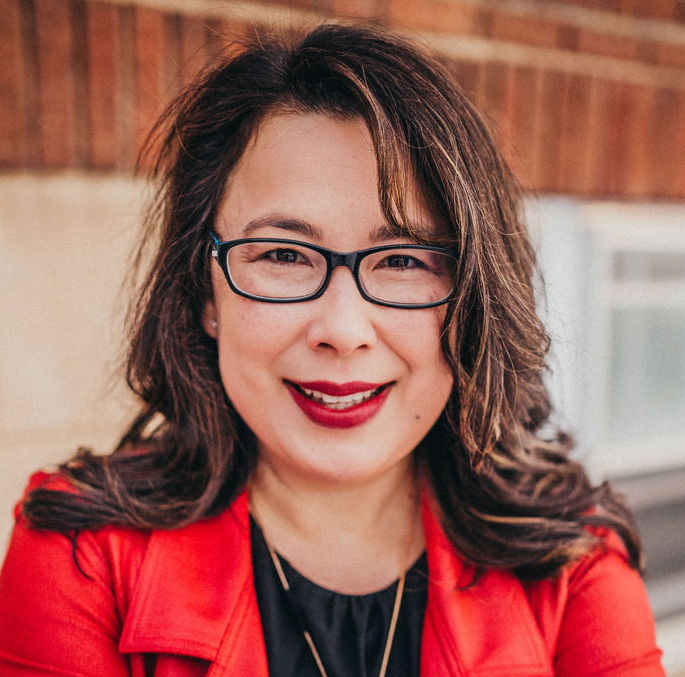 Katrina Ingram
Katrina Ingram
Katrina Ingram is a student, teacher and senior executive who is passionate about art, technology, business and education - all of which are reflected in her diverse career path. She holds a Bachelor of Business Administration from Simon Fraser University and is currently working on a Master of Arts at the University of Alberta with a focus on Communications & Technology. Her recent work has been in area of Artificial Intelligence and Ethics. In her (limited) spare time, she hosts a podcast called Back to School Again which chronicles the joys and challenges of going back to school in mid-life.
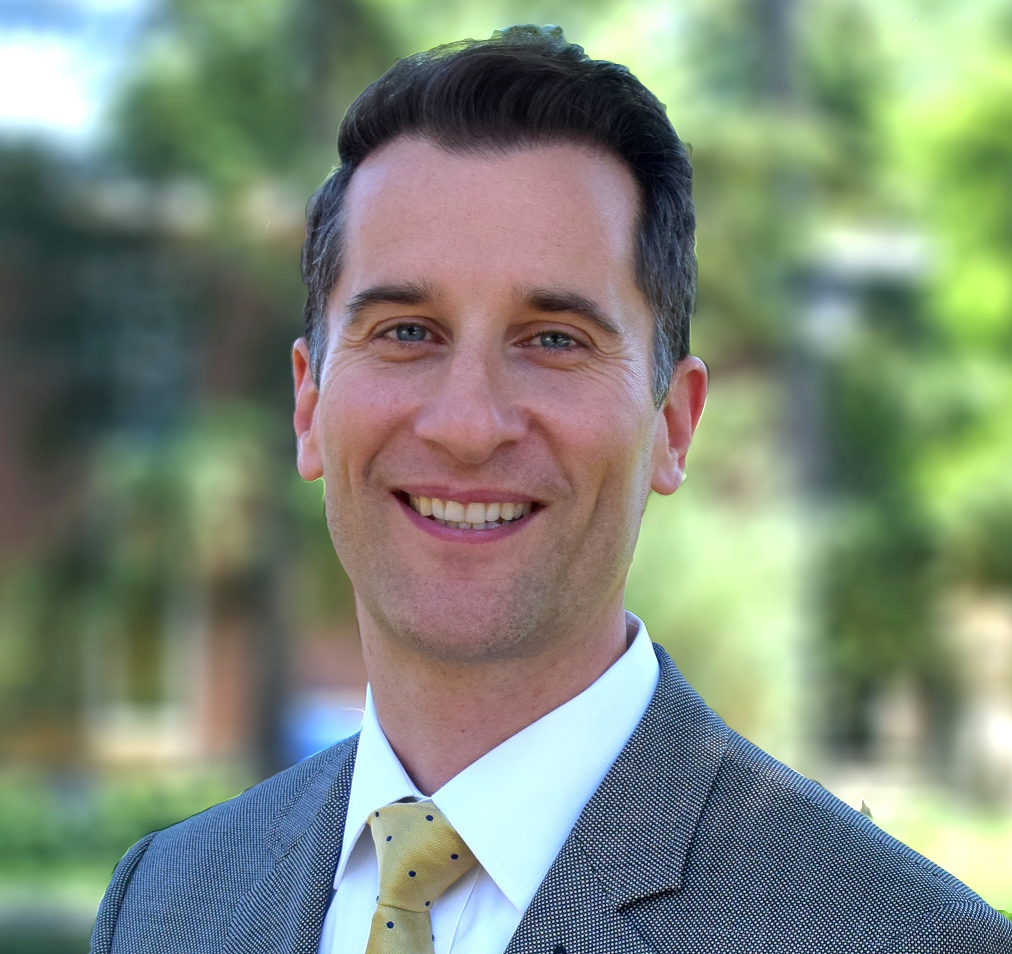 Donald Ipperciel
Donald Ipperciel
Donald Ipperciel took up the position of Chief Information Officer at York University in July 2018. He joined York University as Principal of Glendon College in 2014 from the University of Alberta's Campus Saint-Jean, where he was Professor of Political Philosophy and served in several administrative roles, including Vice-Dean, Associate Dean Research and Associate Dean Information Technology and Innovation. He has been the Francophone Editor of the Canadian Journal of Learning and Technology since 2010. In 2011 he founded Oohoo IT Services, a spin-off company specializing in learning technologies. Prof. Ipperciel is a graduate of the Université de Montréal (BA and MA) and of the Ruprecht-Karls-Universität in Heidelberg (PhD). He was a Canada Research Chair between 2002 and 2012.
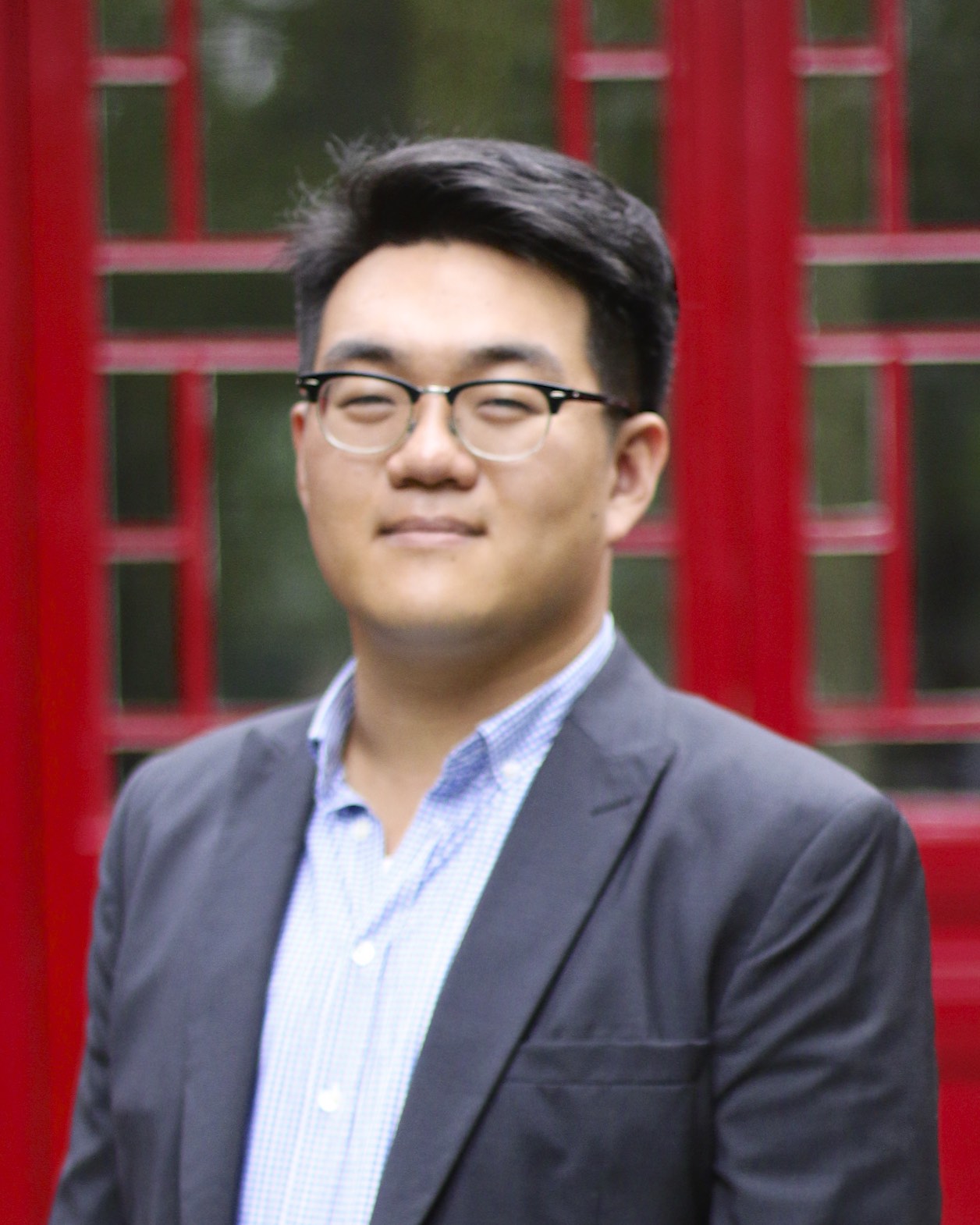 Dongwoo Kim
Dongwoo Kim
Dongwoo Kim has been a Post-Graduate Research Scholar (PGRS) at Asia Pacific Foundation of Canada since fall 2017. Dongwoo initially started with an interest in the cleantech sector, but transitioned into AI policy and ethics in November 2017. He holds a BA in History; Political Science ('14 Alberta), MA in Political Science ('16 UBC), and Master of Laws in China Studies and International Relations ('18 Peking University). Kim's work addresses AI policies in East Asia, specifically national policies, talent development, and discussions on ethics and culture.
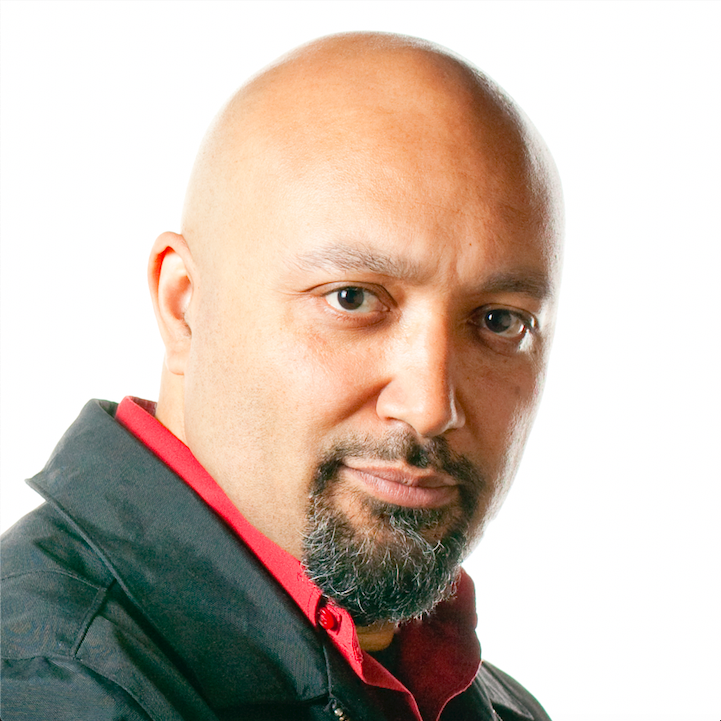 Jason Edward Lewis
Jason Edward Lewis
Jason Edward Lewis is a digital media poet, artist, and software designer. He founded Obx Laboratory for Experimental Media, where he directs research/creation projects exploring computation as a creative and cultural material. Along with the artist Skawennati, he co-directs Aboriginal Territories in Cyberspace, Skins Workshops on Aboriginal Storytelling and Video Game Design and the Initiative for Indigenous Futures. Lewis is deeply committed to developing intriguing new forms of expression by working on conceptual, critical, creative and technical levels simultaneously. He is the University Research Chair in Computational Media and the Indigenous Future Imaginary as well as Professor of Computation Arts at Concordia University, Montreal. Born and raised in northern California, Lewis is Cherokee, Hawaiian and Samoan.
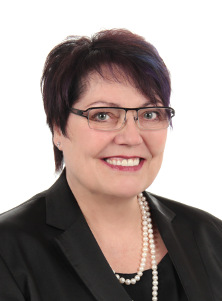 Maike Luiken
Maike Luiken
Maike Luiken, PhD, SMIEEE, IEEE-HKN, is President of IEEE Canada, IEEE Board Director, Region 7, and during 2018 Chair, Policy Track, IEEE Internet Initiative. Currently Adjunct Research Professor at Western University, she was the founding Director of the Bluewater Technology Access Centre following eight years as Dean of Technology and Dean of Research, all at Lambton College. Her strategic leadership in the development of the applied research & innovation capacity and portfolio led to Lambton attracting more than 10 million CAD public research funding. Her areas of interest and expertise span diverse technical areas from ICT, energy and water to advanced manufacturing and nanotechnologies as well as policy associated with their implementation. She has particular interest in how progress in one area, e.g. in ICT, enables advances in other disciplines and in how deployment of various technologies contributes - or not - to achieving sustainable development. She has experience in the public and private sectors in Canada, USA and Germany. She owns a technology consulting practice and has been engaged in the private sector for 20 years.
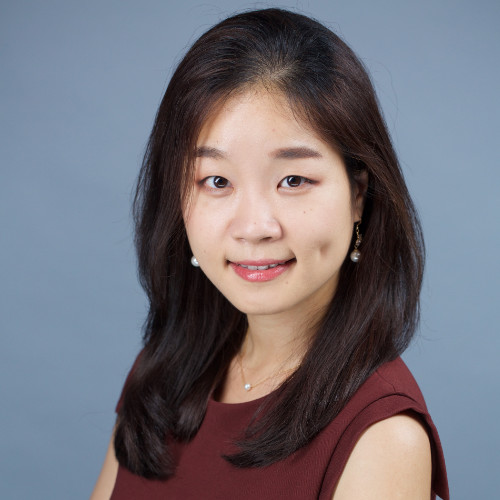 AJung Moon
AJung Moon
AJung Moon is Co-Founder, CEO, and Technology Analyst of Generation R Consulting Inc., a company that assists organizations in making informed design and policy decisions to innovate with advanced technologies without compromising the organization's values. She is also currently serving as Senior Advisor for the UN Secretary-General's High-level Panel on Digital Cooperation. She became a Vanier Scholar in 2013 and received her doctorate in Mechanical Engineering from the University of British Columbia with a specialization in the design of human-inspired interactive robot behaviours. As a roboticist with experience in both roboethics and human-robot interaction, Dr. Moon has been heavily involved in national and international discussions on artificial intelligence and autonomous systems. She is a founder and Director of Open Roboethics Institute - a Canadian think tank specializing in roboethics issues - and serves on the Board of Advisor for Ada-AI, and the Executive Committee of the IEEE Global Initiative for Ethics of Autonomous and Intelligent Systems.
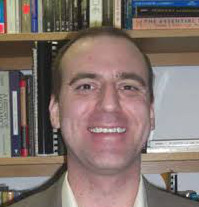 Howard Nye
Howard Nye
Howard Nye is an Associate Professor of Philosophy at the University of Alberta. He works primarily in the areas of normative ethics, practical ethics, and metaethics, and has related interests in political philosophy, the philosophy of mind, and decision theory. His recent publications include "Well-Being, Self-Regarding Reasons, and Morality" (in Thought), "Non-Consequentialism Demystified" (in Philosophers' Imprint), "Directly Plausible Principles" (in the Palgrave Handbook of Philosophical Methods), and "The Wrong Kind of Reasons" (in the Routledge Handbook of Metaethics).
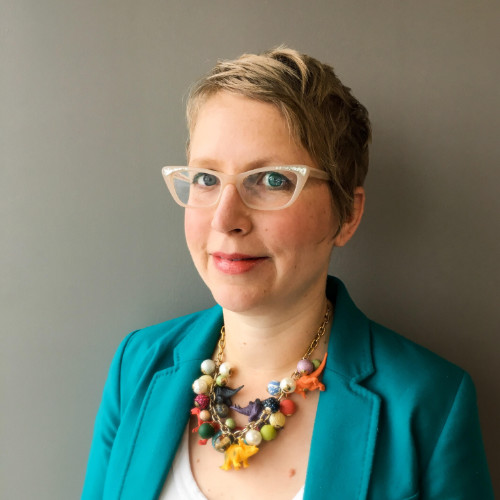 Karen Parker
Karen Parker
Karen Parker is the City of Edmonton's Manager of Business Analytics. She oversees the City of Edmonton data science and analytics team, which focuses on solving city problems using data. Karen has been instrumental in advocating for better use of data both within the City of Edmonton organization and for its citizens. She has created multiple tools to make open data more accessible, most recently of note the Kids Map of Edmonton. Prior to joining the City of Edmonton, Karen worked as a business analyst in the software consulting industry. This experience, combined with an education background in Computer Science and Human-Computer Interaction, has left her not only with a keen understanding of the technology of data, but also the ability to translate it into usable visualizations and to educate others about it.
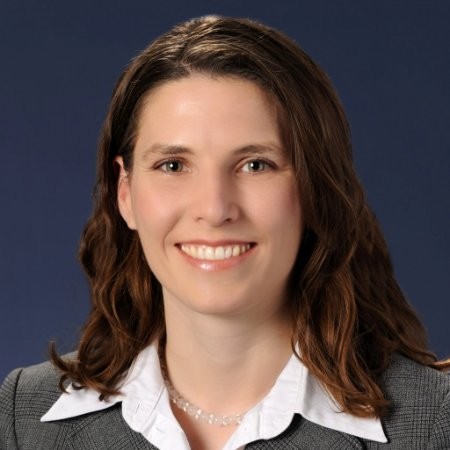 Moira Patterson
Moira Patterson
As Global Market Affairs & Community Engagement Director for IEEE-SA, Ms. Patterson oversees key initiatives related to digital inclusion and identity, data governance, and children's online experiences. She has managed strategic initiatives and policy engagements in Europe and Africa and engaged in capacity building activities. In her role, Ms. Patterson has facilitated dialogue among various stakeholders (industry, government, academia, and social impact bodies) on ICT technology and the intersection of technology and policy, and worked in multi-stakeholder environments across technical domains and industry sectors. By promoting standards' potential to support sustainable development and to address digital challenges, Ms. Patterson contributes to IEEE's mission of advancing technology for the benefit of humanity. Ms. Patterson holds a B.A. in Political Science (Comparative Politics) from Western Washington University and an M.A. in Political Science (Comparative Politics, Developing Countries) from McGill University.
 Chandra Rink
Chandra Rink
Chandra Rink leverages the power of AI & ML in banking to drive innovation for Alberta. In her role as a Product Strategist with ATB Financial, she creates opportunities to participate in and shape the world through innovative partnerships, products, and strategies (https://alphabeta.atb.com/).
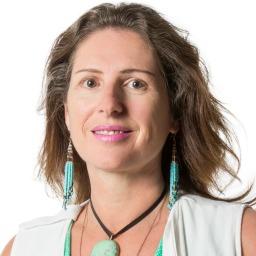 Toni Samek
Toni Samek
Toni Samek is a Professor and Chair at the School of Library and Information Studies, University of Alberta, where she has taught since 1994. Toni's books include Intellectual Freedom and Social Responsibility in American Librarianship 1967 to 1974 and Librarianship and Human Rights: A twenty-first century guide. Her scholarship has appeared in translation in such countries as Bosnia and Herzegovina, Brazil, Japan, Spain, Sweden and Türkiye. Toni twice convened the Canadian Library Association's Advisory Committee on Intellectual Freedom and served two consecutive terms on the Canadian Association of University Teachers' Academic Freedom and Tenure Committee. She currently serves on the Advisory Board of Canada's new Centre for Free Expression at Ryerson University.
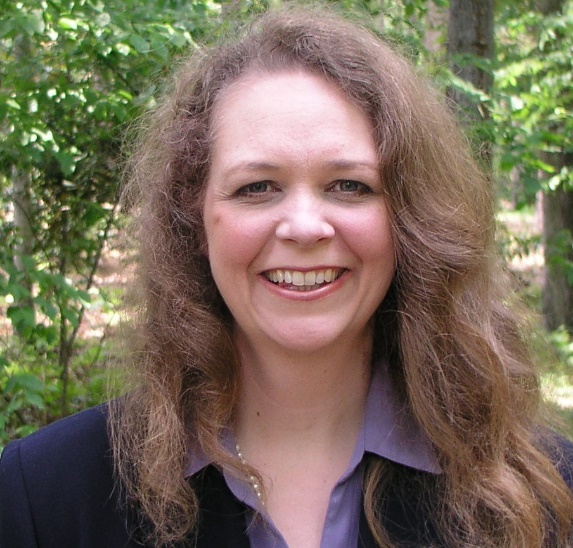 Beth-Anne Schuelke-Leech
Beth-Anne Schuelke-Leech
Professor Schuelke-Leech is an Assistant Professor of Engineering Management and Entrepreneurship at the University of Windsor in Canada. Professor Schuelke-Leech earned an undergraduate degree in Mechanical Engineering from McMaster University, a Masters of Business Administration from York University, and a PhD in Public Policy at the University of Georgia. Before undertaking her doctoral studies, she worked for 12 years as a professional engineer, primarily in product development for General Motors. Dr. Schuelke-Leech's research sits at the nexus of technological innovation, engineering, business, and public policy. Her work focuses on the innovation process, technological entrepreneurship, and sustainability within engineering systems. She is the Chair of the IEEE Society for the Social Implications of Technologies Standards Committee (IEEE SSIT SC). She is also a liaison from the Standards Council of Canada to the International Standards Organization (ISO) JTC1/SC42 on Artificial Intelligence.
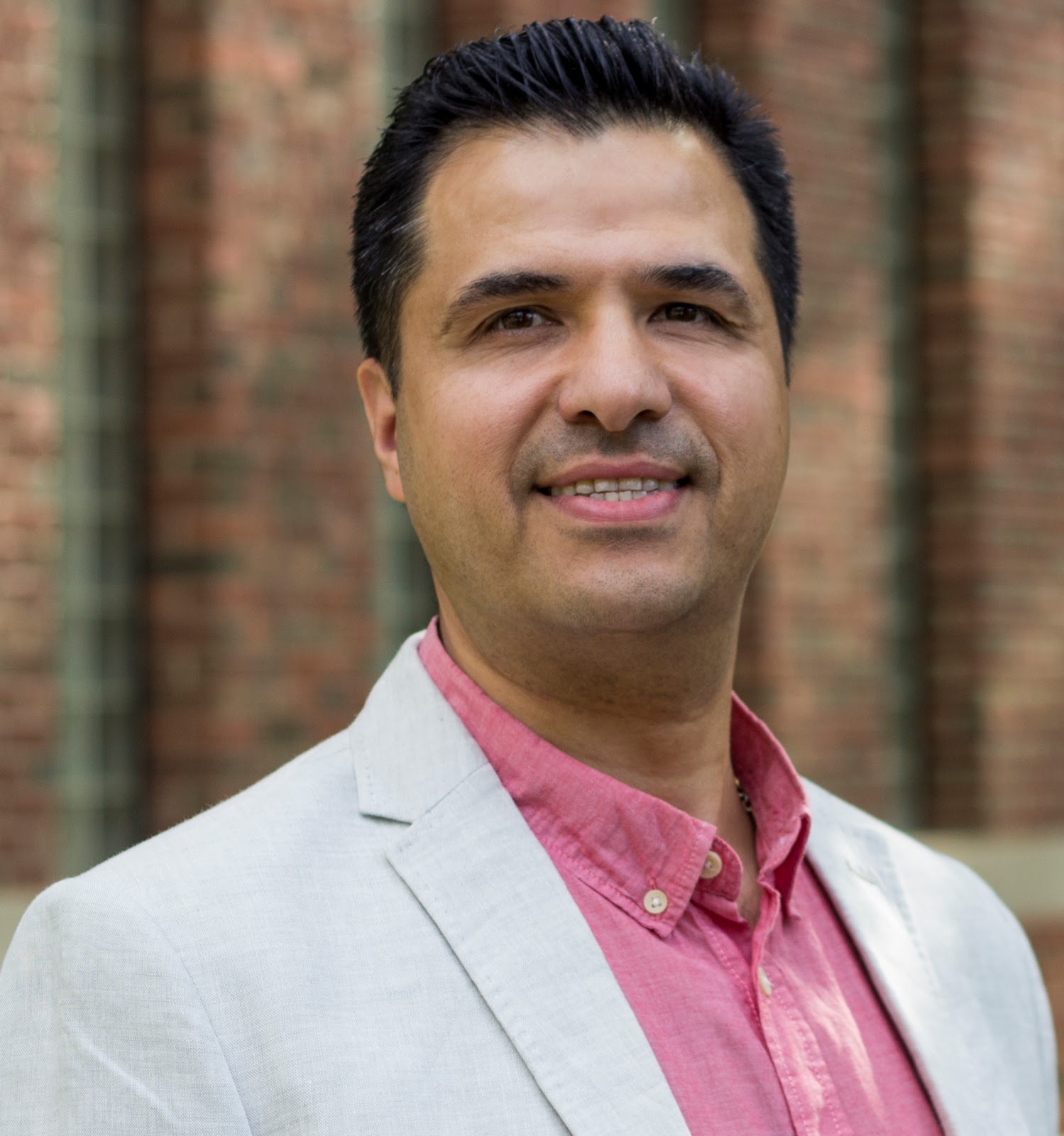 Ali Shiri
Ali Shiri
Ali Shiri is a Professor, Associate Chair and Graduate Coordinator at the School of Library and Information Studies in the Faculty of Education. He completed his PhD in Information Science in the Department of Computer and Information Sciences at the University of Strathclyde in Glasgow, Scotland in 2004 and joined the University of Alberta in the same year. Shiri's research areas centre on user interaction with digital information, knowledge organization systems, digital libraries, big data and more recently learning analytics. Currently, Ali has two funded research projects on digital libraries and learning analytics.
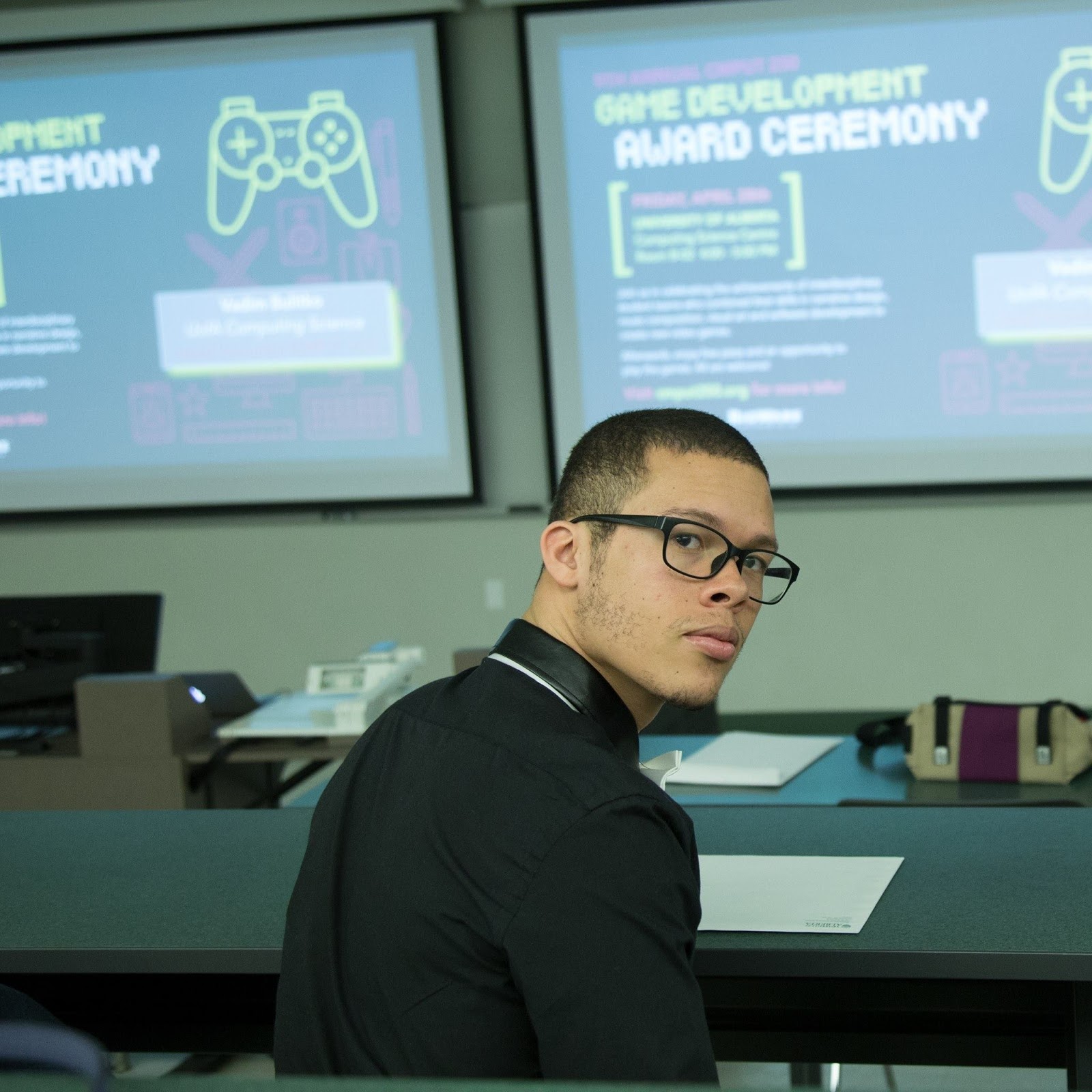 Victor Silva
Victor Silva
Victor Silva is a graduate student in the Department of Computing Science in the University of Alberta, under supervision of Joerg Sander. His field of study is Data Science, especially Unsupervised Machine Learning, Cluster evolution and Temporal Data Mining. He holds a M.Sc. in Computer Science from UFMG and a degree in Games from PUC Minas, both in Brazil. His supervisor at UFMG was professor Luiz Chaimowicz, under whom he researched about intelligent agents for MOBA games. He has published both journal and conference papers as well as a book and a bookchapter.
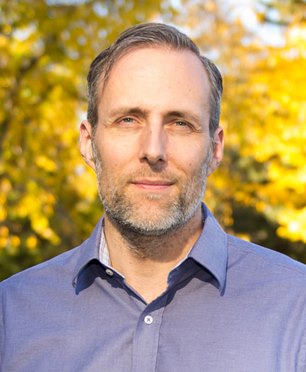 John Simpson
John Simpson
John is Compute Canada's Digital Humanities Specialist. He has a diverse background in Philosophy and Computing and is an active contributor to the Digital Humanities as a Member-atLarge of the Canadian Society for Digital Humanities (CSDHSCHN) Executive, a Programming Instructor with the Digital Humanities Summer Institute (DHSI), and as CoChair, Minimal Computing, with Global Outlook::Digital Humanities (GO::DH). Prior to joining Compute Canada, John was involved in a research intensive postdoctoral fellowship focusing on developing semantic web expertise and prototyping tools capable of assisting academics in consuming and curating the new data made available by digital environments. He has a PhD in Philosophy from the University of Alberta, and an MA in Philosophy and Hons. BA in Philosophy & Economics, with a specialization in International Trade, from the University of Waterloo. John's focus as Compute Canada's Digital Humanities Specialist is building programs for outreach, training, and support that will serve the Canadian digital humanities community in its diverse forms. In step with the construction of these programs is the ongoing development of Compute Canada's ability to understand and respond to the needs of the Canadian digital humanities community. The principal body for carrying out this work is Compute Canada's Digital Humanities Working Group, which John chairs. John is also chairs Compute Canada's Science Leadership Council, which is responsible for ensuring that Compute Canada is listening to and meeting the needs of the diverse base of researchers that it supports.
 Robbie Stamp
Robbie Stamp
Robbie Stamp studied History at Cambridge and went on to work as a television producer. He was the CEO of The Digital Village, a position that came about partly because of his friendship with author Douglas Adams, whose works inspired the site. Stamp was also the executive producer of the movie version of The Hitchhiker's Guide to the Galaxy. Stamp was a producer of television documentaries when he met Adams. Under his tenure at The Digital Village, the h2g2 project was launched, along with the computer game Starship Titanic. He is currently Chairman of Bioss International Ltd. Robbie combines experience of both media and management consultancy and is particularly interested in the relationship between purpose and strategy and how that drives organisations to succeed.
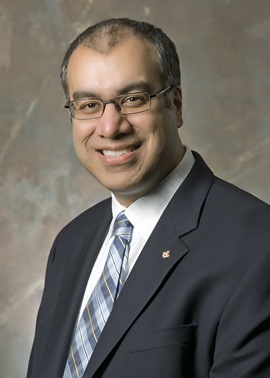 Almin Surani
Almin Surani
Almin Surani is the Special Advisor of MI, Ethics & Society for Amii (Alberta Machine Intelligence Institute). In this role, he is responsible for Amii's strategy on Ethics in MI and MI for Social Good programs. He has over 20 years of experience in the technology field in both private and non-profit companies. Prior to Amii, Almin was the Chief Information Officer (CIO) of the Canadian Red Cross for 10+ years and has served in senior roles ranging from software development to quality management to strategic planning. Almin received his MBA from Queen's University in 2002. He has also served on the National Boards for the CIO Association of Canada, Nonprofit Technology Enterprise Network (NTEN) and is currently on the Advisory Board of Repay Payment Solutions.
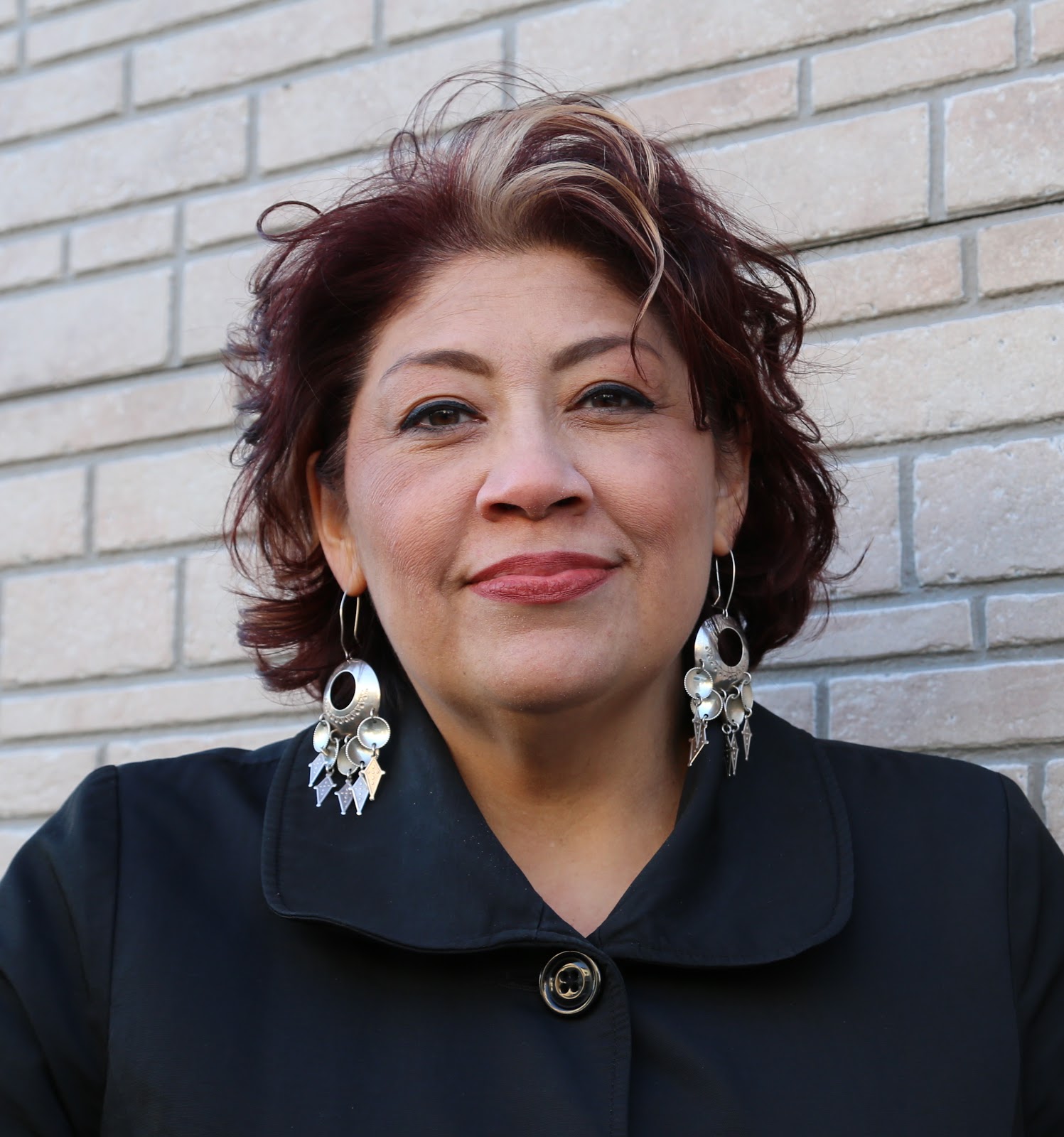 Kim TallBear
Kim TallBear
Kim TallBear, author of Native American DNA: Tribal Belonging and the False Promise of Genetic Science (2013), is Associate Professor and Canada Research Chair in Indigenous Peoples, Technoscience, and Environment in the Faculty of Native Studies, University of Alberta. She studies the racial politics of "gene talk" in science and popular culture. A former environmental planner, she has become interested in the similarities between Western constructions of "nature" and "sexuality" as they are defined and sanctioned historically by those in power. She draws on indigenous, feminist, and queer theory in her teaching and research that focus on undermining the nature/culture split in Western society and its role in colonialism, racism, sexism, homophobia, and environmental degradation. TallBear has published research, policy, review, and opinion articles on a variety of issues related to science, technology, environment, and culture. She is a tribal citizen of the Sisseton-Wahpeton Oyate in South Dakota, U.S.A. and is also descended from the Cheyenne & Arapaho Tribes of Oklahoma.
 Kai Valdez Bettcher
Kai Valdez Bettcher
Kai Valdez Bettcher has been a Post-Graduate Research Scholar at the Asia Pacific Foundation of Canada since fall 2018. Kai currently works with the Trade, Investment, and Innovation team on the Investment Monitor and his project on scans of best practices across comparator institutions. Previously, Kai has researched Canada's investment regulatory environment in various organizations across Western Canada. Kai holds a BA in Political Science ('15 Alberta) and Master of Public Policy ('18 School of Public Policy). Relevant Experience includes a research project on Asia's investment ecosystem in Canada looking at how investment announcements are made public, who captures them, and how institutions understand these flows of investment includes analysis of where regulatory, legislative, and institutional gaps converge in areas of emergent technology.
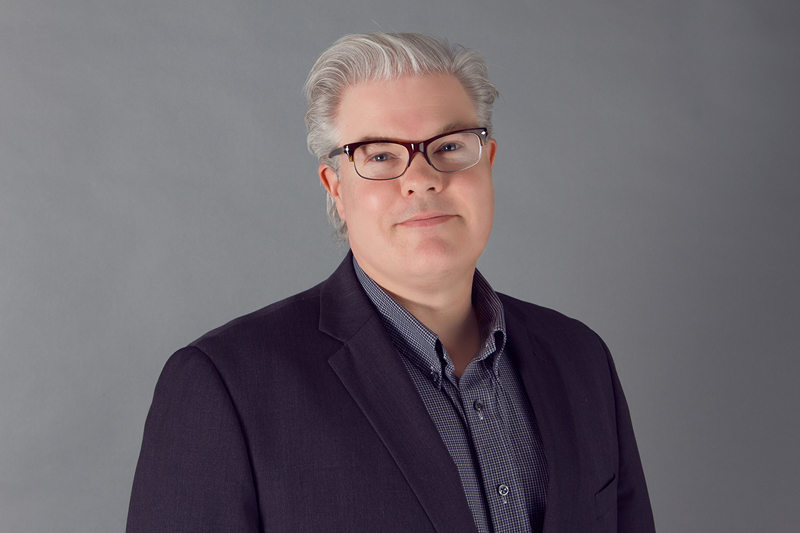 Chris Want
Chris Want
Chris Want works at the University of Alberta and supports researchers from across Canada using High-Performance Computing resources (such as supercomputers) through Compute Canada. He has wide expertise in 3D scientific data visualization, open source software development, and 3D printing. Chris has a Masters degree in Mathematics from the University of Alberta and a Data Science certificate from NAIT.